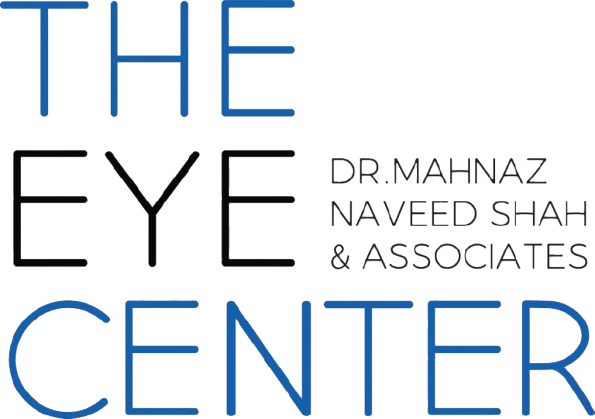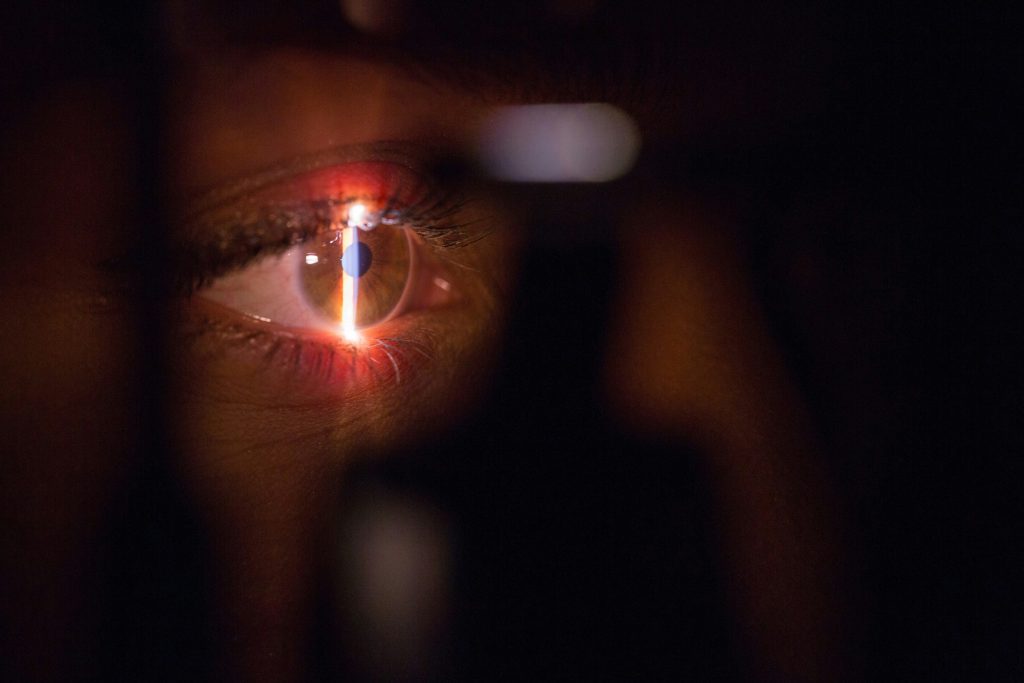An infection called onchocerciasis is brought on by a specific parasite. African river blindness is another name for this disease. It ranks as the second most typical infectious cause of blindness worldwide. Prior to becoming blind, people typically experience symptoms including skin pimples and itching.
Onchocerciasis is a parasitic roundworm disease. Only humans can contract this roundworm infection. It spreads by the Simulium yahenese blackfly’s bite. Only in specific regions of the world, close to swift-moving rivers and streams, can one find this blackfly. It is impossible to spread onchocerciasis from one person to another. The larvae enter the blood after being bitten by an infected blackfly and circulate throughout the body. They cluster together and settle under the skin, creating lumps. The parasites spread to the eyes as they develop and travel throughout the body.
Up to four out of five people in places where the disease is most prevalent will be infected. This covers regions of Zaire and Nigeria that are near rivers where the blackfly is found. The infection typically takes years to result in blindness. Infected individuals might expect to live up to 12 years fewer on average.
Onchocerciasis is most common in developing nations where this blackfly lives. Onchocerciasis is more prevalent in Yemen, Western Africa, and Latin America. Only those who have previously resided in the affected countries can contract onchocerciasis in the United States and Europe.
Onchocerciasis affects between 18 and 37 million individuals worldwide. As a result of their infection, up to 2 million people have visual impairment or blindness.
Onchocerciasis signs on the skin appear years before eye issues.Skin changes can include patches where the natural skin color is lost, thinning, swelling, itchy skin, overly large lumps under the skin, and extreme itching.
The trabecular meshwork (the eye’s drainage system), the rear of the eye (retina), the front of the eye (cornea), the centre of the eye, and other places are all susceptible to parasite invasion. The eye structures are harmed by the body’s response to the parasites. The result is blindness.
A scar that obstructs vision might develop as a result of corneal damage. Glaucoma can develop when pressure builds up in the eye as a result of damage to the drainage system of the eye. The retinal degeneration prevents the eye from correctly collecting and transmitting images to the brain.
Other eye symptoms include blurred or decreased vision, eye pain, redness, and sensitivity to light. The cornea, the generally clear front surface of the eye, can also become cloudy. To make the right diagnosis, an ophthalmologist must perform eye examination.
This issue can be diagnosed by your ophthalmologist in collaboration with a group of other specialists (such as a dermatologist and an infectious disease physician). Your eyes and body will be thoroughly examined by your doctors. They can use skin samples or blood tests to determine whether you are infected.
At The Eye Center- Dr. Mahnaz Naveed Shah & Associates our team of eight ophthalmology subspecialists/ eye specialists, eye surgeons who are considered amongst the very best eye specialists in Karachi and in Pakistan, have the diagnostic and treatment capabilities to treat from the simplest to the most complex patients. We work hard to provide our patients with the best possible medical and surgical eye care, in a state of the art purpose built eye care facility. We offer the entire array of medical, laser and surgical treatments to help provide patients the best possible care in the most efficient, safe and ethical manner.
If you need an appointment, please contact us at 03041119544 during our working hours or leave us a WhatsApp message at +923028291799 and someone will connect with you. Walk-in appointments are also available for emergencies. We can also be reached through our web portal on www.surgicaleyecenter.org



